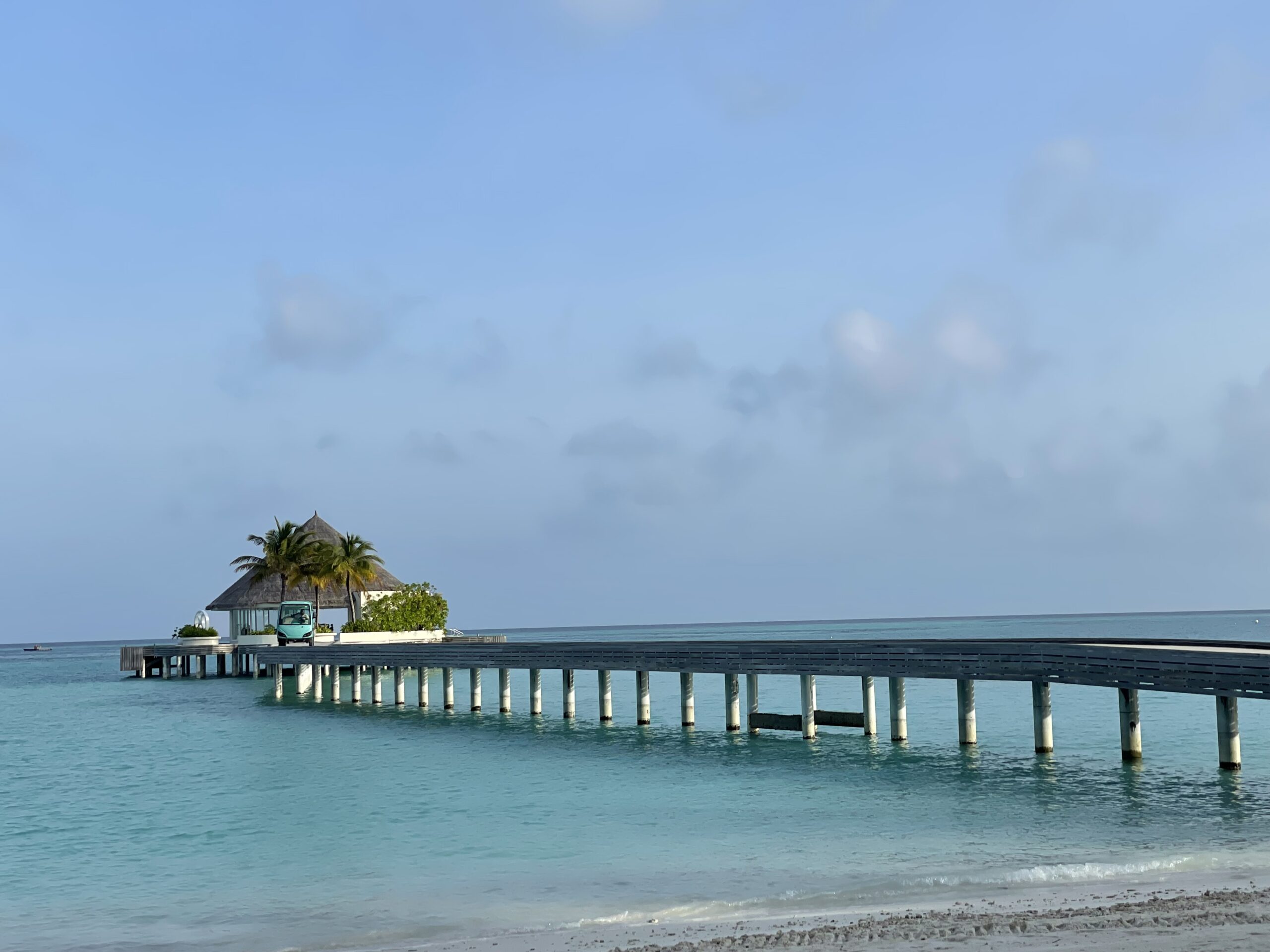Ah! Holidays! Visions of mountains, beaches, treks, museums, long rides float before your eyes, giving you an adrenaline rush. But for few others, this triggers beginning of anxiety attack.
How will I get there? What if there is a tsunami? Or what if someone drove a truck into me?
Welcome Travel Anxiety – the worst of the disorders that prevent us from packing our bags! But did you know that travel anxiety can strike even the most chilled out traveler and it might seem as though the travel is designed to boost anxiety.
So, this is for all you dreamers, wannabe travelers and travelers. Yes, we dream of traveling, we travel and we share the world with a sizeable number of people affected by what is called Travel Anxiety that prevents them from doing so – or enjoying themselves if they do. Travel anxiety is real. It is also very common. Sometimes people may not even realize they have it – and that is the danger.
Through this article, I hope to throw light on the reality of travel anxiety, because it is real. Going through such a phase myself at the beginning, I am aware how this anxiety limits personal satisfaction. Over the years I have managed to deal with it successfully and I’d like to share my thoughts on how to beat it.
What is Travel Anxiety?
Anxiety is a cumulative disorder, a type of condition that is nearly impossible to “fight” because fighting it increases stress, which ultimately creates more anxiety. A vicious circle, right? If you suffer from it, be assured, there are thousands who do. The foremost reason is that travel brings with it an inherent degree of uncertainty and unpredictability. While this is the charm for many, myself included, for others, the break in daily routine and potential for the new triggers anxiety. Because your mind cannot picture it, you can’t plan ahead for it, which triggers the “danger” signals. The trick is to nip it in the bud.
A person suffering from travel anxiety display predictable pattern – thinks about cancelling days before traveling, cries the night before traveling, feels nauseous or scared on the way to the airport. Experiences headache or chest pains…
When I started traveling, the thought of walking into a hotel to ask for a room made me anxious. So, I completely understand the reality of it. Dealing with the anxiety is all about maintaining routines and understanding your fear of the unknown.
My classmate in LLB, Vivienne Adala from Kenya is quite well travelled. But according to her what helps her get through the travel are sedatives. I was surprised when she told me this, but it drives home the bitter reality. For many, no matter how frequently you travel, you still might be nursing a secret fear.
“Even though travel is relatively pleasant for me, I’m doing my best to face the uncomfortable thoughts head-on,” she says. “I stay calm and picture the world differently.”
The good news is that, there are two most important reasons for anxiety trigger – not knowing what to happen and not being in control. The trick is to address the two with equal gusto.
Jean Burke-Spraker, a Philadelphia-based writer and a frequent traveler faces similar issues. “I have always feared flying. My whole immediate family doesn’t fly well either. I think it is the loss of control that triggers it. My palms get sweaty. I panic. I feel grumpy. Once, I sat next to the pilot and compared flying to a bumpy road. At the time I was living in Mumbai where the roads were very bumpy. So I just imagined being there. Sure. I also like it when the pilot acknowledges it before the flight.
Causes of Travel Anxiety
There is no one specific reason for travel anxiety – many have travel anxiety all their lives. Others develop it due to past experience and some have it for no reason at all. But the most common fear is that of flying – namely because you are not in control. Your feet are literally “off the ground”.
I know of an uncle who lives in Kottayam, Kerala, aged 68 – who has not travelled outside Cochin. Repeated invitations to visit always elicit the response – “What bus must I take? What if I need to use the restroom? How many pairs of shirts must I bring?” At first it was amusing (also ridiculous) but now I know it is triggered by travel anxiety. Although in this case, it is deeper than just anxiety.
People fear leaving home, because home is the source of comfort, a safe haven. The idea of leaving their home for an extended period of time then becomes very stressful. This could lead to disruptive influence on your life, not just your travel life.
It is possible – and important – to understand what your specific worries are although it is not always possible to know why you have those worries.
Fear of flying tops the list of anxiety-trigger in most people. Like with Jean Burke-Spraker, this phobia is linked to various factors – lack of control, changes in air pressure, and turbulence. These contribute to a fear of flying. Since travel often involves flight, it’s not uncommon for these fears to interact with your ability to control your anxiety.
The second cause of anxiety is of course stories of horror you see on the news. Bombing, tsunami, shooting, earthquake, disappearing airplanes etc are some of the most watched news that influence you in ways you didn’t know. You may not even realize you’re influenced, but when you access news about kidnappings, floods or volcanic eruptions or derailment, it’s easy to subconsciously associate travel with tragedy.
By safeguarding against mishaps you may be able to reduce your anxiety. But anxiety is slippery – because no sooner you have solved one problem, another “what if” comes up.
How to Overcome Travel Anxiety
Knowing that you have travel anxiety is only the first step to overcoming it or dealing with it. And like with everything else in life, don’t avoid the situation. Face it.
Avoiding it only adds to more fears because you are nurturing it for that many more days by going over worst case scenarios! By avoiding it you are creating a negative reinforcement making your fears real. This also serves to strengthen the anxiety. If you really want to overcome your travel anxiety, you need to put yourself out there.
“People have anxiety attacks when facing or doing anything unfamiliar. For some, it manifests in certain physical conditions, like upset stomach or headaches. Unfortunately, plenty of time is lost trying to overcome and understand it. It is therefore important to understand that your fears don’t always stem from your situation, but from your mind. The trick is to relax,” says Pramod Simon, a Cochin-based leadership and management professional and an avid traveler.
“One way to achieve results is to visualize a positive outcome before the event. When you do this, the unfamiliarity drops away and subconscious mind accepts this as reality. The subconscious cannot distinguish between imagined and real events .So when you actually undertake the event you are far more relaxed and confident. For a person with chronic anxiety, affirmations help. Stay calm. Tell yourself that you love adventure and variety. Fears come from the subconscious and visualization is the best way to reprogram it.”





Oh wow this certainly pulled at my heart strings